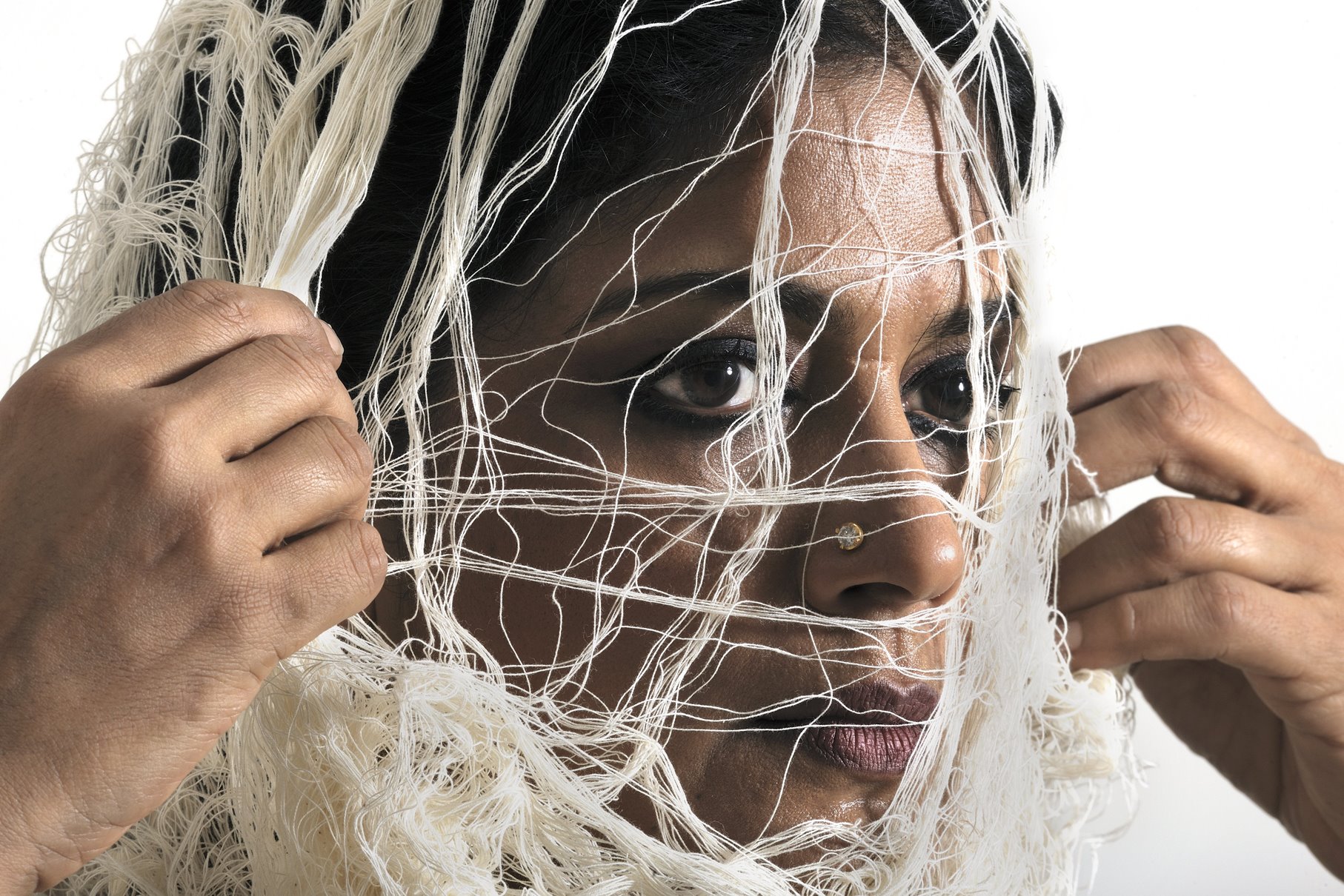Becoming a parent is a life-changing event that is filled with joy and excitement. However, for cancer survivors, the road to parenting can be affected by specific challenges and uncertainty. Cancer diagnosis and treatment during pregnancy is complex for a variety of reasons. While the cancer does not normally impact the unborn baby, any testing and treatments must be carried out with caution to guarantee a safe pregnancy. Cancer treatment plans can be modified for pregnant women, but certain aspects are harmful to the fetus, therefore, the doctor and patient must weigh the benefits and risks.
Although receiving a cancer diagnosis while pregnant can be disheartening and frightening, it’s vital to know that other women have experienced the same thing. To help patients connect with others who have battled cancer while pregnant, oncologists may provide a list of cancer support networks. As a result, having a support system may aid patients in processing their feelings while getting ready for any upcoming challenges in life.
The Risks of Treating Cancer and Medical Considerations
Fertility Preservation: Fertility can be significantly impacted by cancer therapies like chemotherapy and radiation. For those who are of childbearing age and have been diagnosed with cancer, fertility preservation techniques like egg or sperm freezing are crucial. Thus, prior to beginning cancer treatment, it is crucial to discuss such possibilities with a fertility specialist.
Recurrence Risk: Pregnancy increases the likelihood of certain cancers recurring. To protect the mother’s health and the safety of the unborn child, oncologists, and obstetricians must closely monitor each other and work together.
Birth Complications: A higher risk of complications during delivery may result from cancer treatment. These could include challenges relating to the mother’s health, premature birth, or low birth weight. To reduce such risks, specialized planning and care are essential.
Emotional and Psychological Challenges:
Anxiety: A unique set of anxieties might accompany pregnancy after a cancer diagnosis. Women may be concerned about cancer recurrence and the potential effects of therapy on the health of the unborn child. These fears can be managed with the support of honest conversations with medical and mental health specialists.
Body Image: Scars, hair loss, or weight fluctuations are a few examples of the physical changes that cancer treatments frequently cause. Furthermore, self-esteem and body image may be affected by these changes. Thus, to regain confidence, consulting therapists or support groups can be of great assistance.
Support: It is crucial to establish a strong support system. For emotional support, rely on your partner, family, and friends. Additionally, think about participating in support groups where people who have experienced similar challenges can share insightful guidance and motivation.
Supportive Resources
Fertility Clinics: Consult with fertility specialists before beginning cancer treatment so that they can discuss and suggest options for safeguarding your fertility. This is a critical step for anyone planning to have children in the future.
High-Risk Pregnancy Specialists: Consult with specialists in high-risk pregnancies who can provide specialized care suited to your particular medical background and requirements.
Emotional Support: The emotional and psychological challenges of navigating pregnancy after cancer can be addressed with assistance from therapists, support groups, and counselors. Don’t be frightened to get expert assistance if you need it.
Navigating Pregnancy and Embracing Joys!
The method of treating cancer is not one size fits all. During pregnancy, a woman may need to make difficult decisions, undergo more tests she hadn’t planned on, and modify her birth delivery plan. Thus, the most beneficial thing an individual can do is mentally get ready and surround oneself with a support system of family, friends, and the care team who can help during and after pregnancy.
The author is a senior consultant-obstetrician & Gynecologist.














